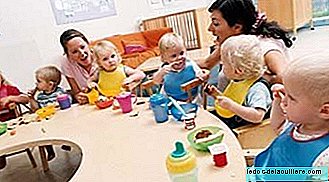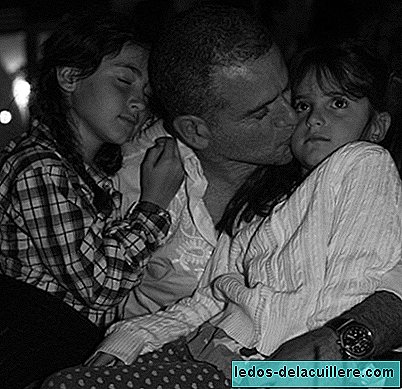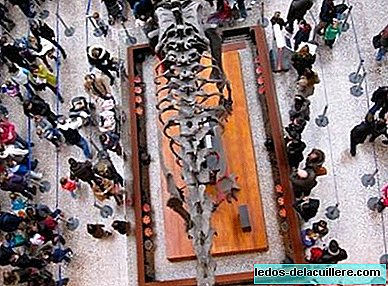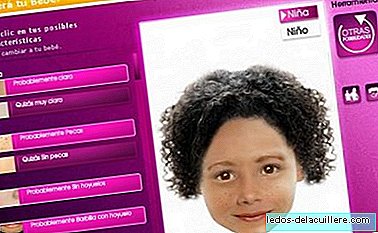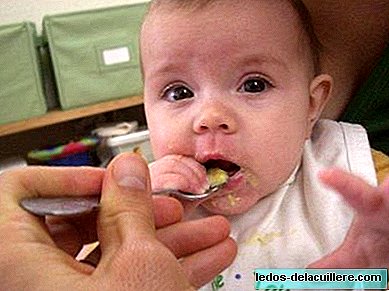
During the first year of life the renal system is still immature to process large amounts of sodium, so the recommendation for when you start introducing complementary feeding, after six months, is not to add no salt in baby food.
Sodium is a mineral necessary for the body, but not in large quantities since an excess can seriously affect the health of the arteries in the long term increasing the risk of diseases such as high blood pressure or increased cholesterol.
The baby's kidneys are still too small to handle large amounts of this mineral, so the mash, porridge or other foods that we prepare should be as natural as possible, without preservatives and no salt added.
120 mg of sodium per day is recommended up to 5 months and 200 mg daily between 5 and 12 months. Already if the sodium contained in food covers daily needs, values that can easily be overcome if salt, preservatives, commercial broths or other industrial foods are added to the baby's diet.
It is estimated that up to 75 percent of the salt we consume comes from food and not from the salt shaker, so it is also important that we read the labels of the food we buy.
We may think that children are not affected by salt consumption as much as adults, but if we accustom them from small to salty foods, they will increasingly develop a greater appetite for salt.
On the other hand, if your palate gets used to natural foods, this will have an impact on a better quality of life in adulthood.
The recommendation is no salt in baby food. So that it is not bland, you can add spices that provide flavor and good nutrients.


